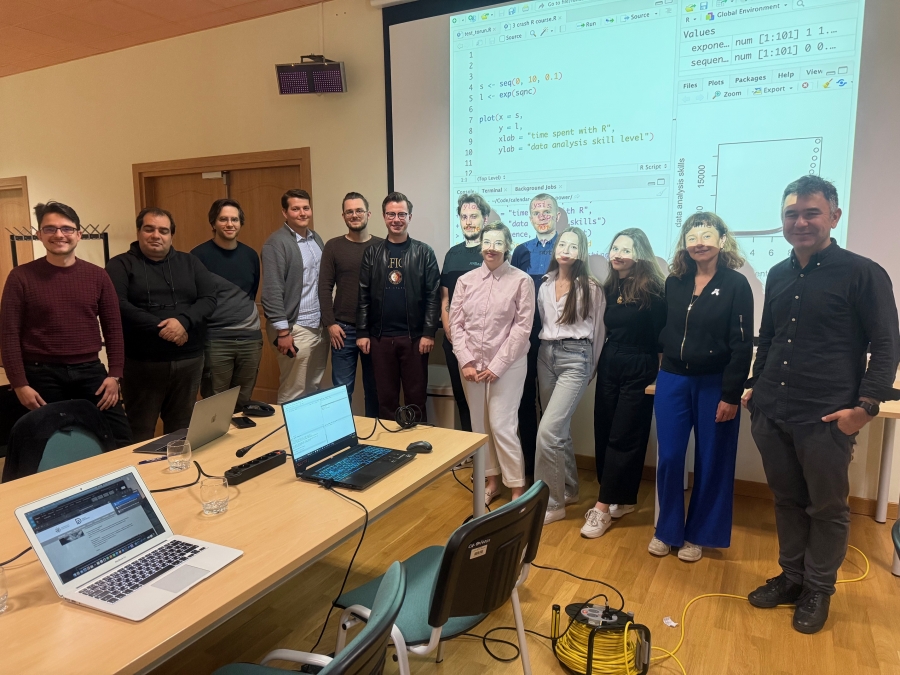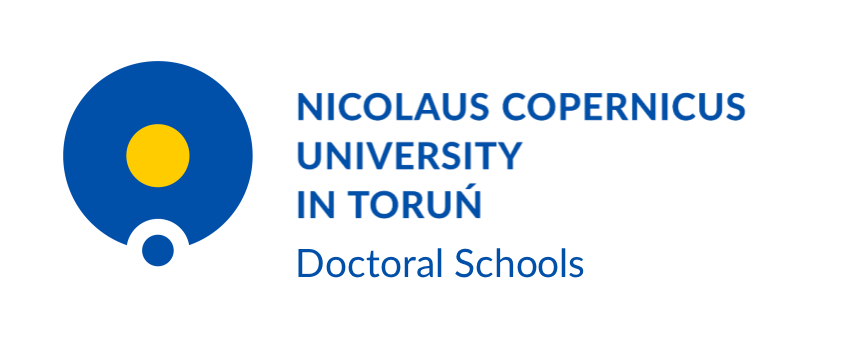
Course Description
The aim of the course is to familiarize participants with the European Social Survey (ESS) and the analytical opportunities it offers using data from this and similar projects. The ESS is an international academic research project in which survey research is regularly conducted across more than thirty European countries. The ESS provides data on the attitudes and behaviours of Europeans regarding key socio-political issues. It has been conducted continuously since 2002, with new survey rounds every two years. ESS data enable cross-national comparisons and monitoring attitude and behaviour changes over time. All data from the ESS rounds are freely available to researchers and students. Poland has participated in the ESS since its inception.
The proposed course is intended for interested doctoral students in social sciences, particularly in disciplines such as political science, sociology, economics, and psychology. Academic staff members, including research assistants, adjuncts, and professors, are also welcome to participate.
During the course, participants will become familiar with the ESS project's assumptions, the questionnaire content, and the data collection methodology. They will also prepare simple analyses independently using the ESS online analysis tool. Selected research findings based on ESS data will be presented. An especially valuable part of the course will be a discussion of how ESS data can be used to prepare doctoral dissertations.
Later in the course, participants will be introduced to the R statistical software environment. They will learn R and its basic features, including independently importing data into R, exploring datasets, and performing basic data processing techniques. In subsequent parts of the course, participants will complete tasks involving descriptive statistics for single variables and analysis of relationships between multiple variables. They will also learn to use statistical graphics to visualize analysis results.
Course Format
Day 1
- 10:00–11:30 Presentation of the European Social Survey and analytical opportunities with ESS data
- 11:30–11:45 Coffee break
- 11:45–13:00 Orientation with ESS documentation, online analysis tool, and selected ESS findings
- 13:00–14:00 Lunch break
- 14:00–15:20 Introduction to the R environment
- 15:20–15:35 Coffee break
- 15:35–17:00 Continued introduction to the R environment
Day 2
- 10:00–11:30 Importing ESS data into R, data properties in R, basic data transformations
- 11:30–11:45 Coffee break
- 11:45–13:00 Descriptive statistics for single variables
- 13:00–14:00 Lunch break
- 14:00–15:20 Data visualization
- 15:20–15:35 Coffee break
- 15:35–17:00 Analysis of bivariate relationships
Participant Requirements
No prior knowledge of statistical techniques or the R environment is required. Participants must bring their own laptop with R and RStudio installed. Both R and RStudio are free software programs. Technical details regarding installation will be provided to registered participants before the course begins.
Cost
The training is free of charge for participants. The ESS team will provide instructors, course materials, and refreshments.
Instructors
Dr. Michał Kotnarowski – A sociologist and political scientist, assistant professor at the Institute of Philosophy and Sociology of the Polish Academy of Sciences. His research interests include electoral behaviour, social stratification, political culture, and research methodology. He is the author and co-author of several books and numerous articles published in journals such as Party Politics, Electoral Studies, European Sociological Review, Studia Socjologiczne, and Studia Polityczne. He teaches quantitative methods at the Graduate School of Social Research at IFiS PAN and has taught in Germany (University of Bamberg), Belgium (Université Catholique de Louvain), the Czech Republic (Masaryk University in Brno), Lithuania (Vilnius University), Slovenia (University of Ljubljana), and the USA (Ohio State University). He is a former recipient of scholarships from the National Science Centre and the Accademia Nazionale dei Lincei, and he serves on the editorial board of Kultura i Społeczeństwo. Since 2021, he has been the National Coordinator for Poland for the European Social Survey project.
Dr. Kamil Filipek – A sociologist and data scientist at Maria Curie-Skłodowska University in Lublin (UMCS). His research interests include social capital, social networks, artificial intelligence, and research methodology. He completed a postdoctoral fellowship at the Interdisciplinary Centre for Mathematical and Computational Modelling at the University of Warsaw. He programs in R and Python and specializes in deep learning for natural language processing (NLP). He has led research projects funded by NCN and POIR. He has published in journals such as Studia Socjologiczne, Polish Sociological Review, Journal of Consumer Affairs, Baltic Journal of Economics, and PLOS ONE. He has held research and educational grants at the University of Tartu (Estonia) and the Luxembourg Institute of Socio-Economic Research (LISER). He is a co-founder and the first chair of the Digital Sociology Section of the Polish Sociological Association (PTS). Since 2022, he has been the Director of the Centre for Artificial Intelligence and Computational Modelling at UMCS.
Dr. Jakub Adamski – Assistant professor at the Department of Methods and Techniques of Social Research at the University of Łódź (Faculty of Economics and Sociology, Institute of Sociology). He holds a PhD in sociology and a master's degree in law. His research interests focus on contemporary international migration, research methods, quantitative analysis, and sociology of law. He has published in journals such as Studia Migracyjne – Przegląd Polonijnyand Władza Sądzenia, where he served as guest editor. He is a member of the Centre for Migration Research Program Board at the University of Łódź.

 ul. W. Bojarskiego 1, 87-100 Toruń
ul. W. Bojarskiego 1, 87-100 Toruń